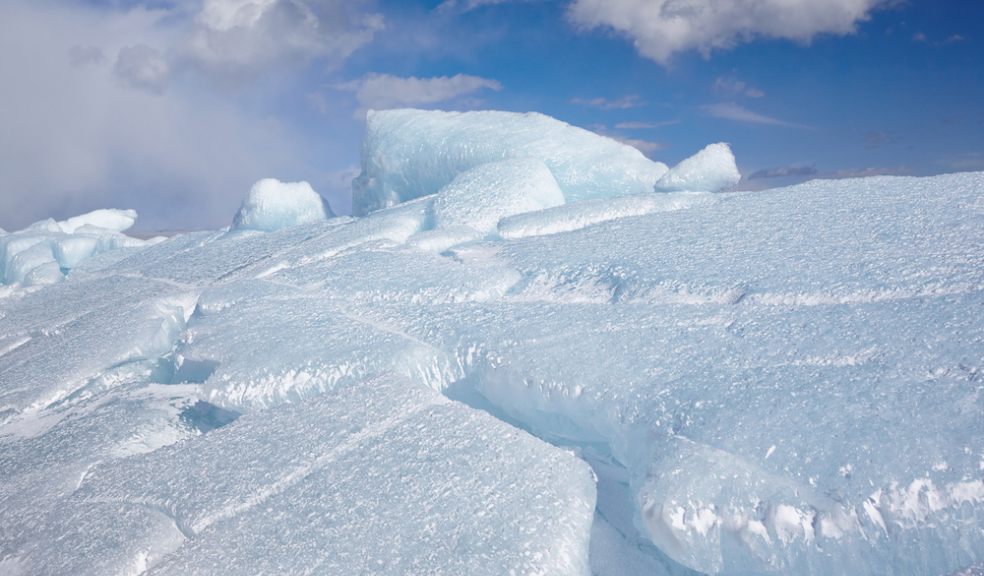
Sea ice reaches lowest level since records began
Arctic sea ice extent has reached its lowest annual minimum since records began, according to preliminary figures from the National Snow and Ice Data Centre (NSIDC) in the US.
Sea ice extent was 3.41 million square kilometres (1.32 million square miles) at its lowest point on 16 September breaking the previous minimum of 4.17 million square kilometres (1.61 million square miles) recorded in 2007.
Satellite records began in 1979 and have shown a long-term decline in sea ice.
However, the rate of decline has accelerated in the past 15 years and the last six years make up the lowest six extents in the 32-year record.
The 2012 Arctic sea ice melt season started with a greater coverage of ice than seen in recent years, with the March seasonal maximum ice extent one of the highest in the last decade.
However, ice extent declined rapidly with June seeing the greatest loss of ice cover for the month since satellite observations began.
A severe storm over the Central Arctic brought about extremely rapid loss of ice cover in the East Siberian Sea, causing the ice to break up and melt in the strong winds. This is likely to have contributed to the record loss seen this year.
Helene Hewitt, an expert in climate modelling at the Met Office, said: "A number of factors are likely to have contributed to the record minimum ice extent this year, including a persistence of high pressure systems over the Arctic for much of the summer. This year's minimum adds to the continuing pattern of accelerating ice loss over the last 15 years."
Across the international science community, projections of future Arctic sea ice show wide variations, and the current view of the Met Office is that the area could be ice free in summer as early as 2025-30.
Dr Hewitt added that current models do not suggest the recent accelerated rate of decline would continue or that there was any 'tipping point' from which ice extent could not recover.
She said: "Periods of accelerating ice loss are not unusual in climate models, but there is no reason to expect that to continue. It is possible that we could see periods of relatively small loss in summer sea ice in the future.
"However, looking at all observations and model output, there is a consensus that summer Arctic sea ice extent is declining and that ice free or virtually ice free summers are very likely in the future."
The Met Office is continuing research on the future of Arctic sea ice extent and is also leading the way in studying how diminishing levels of ice could impact on the weather and climate of the UK.
Adam Scaife, Head of Monthly to Decadal forecasting at the Met Office, said: "Our research suggests the depletion of Arctic sea ice can lead to colder winters over northern Europe, but this is only one of a number of factors that can predispose what our winter weather will be like.
"We continue our research into this area and other drivers of seasonal climate in the UK, which will in turn improve our longer-range forecasting."

















